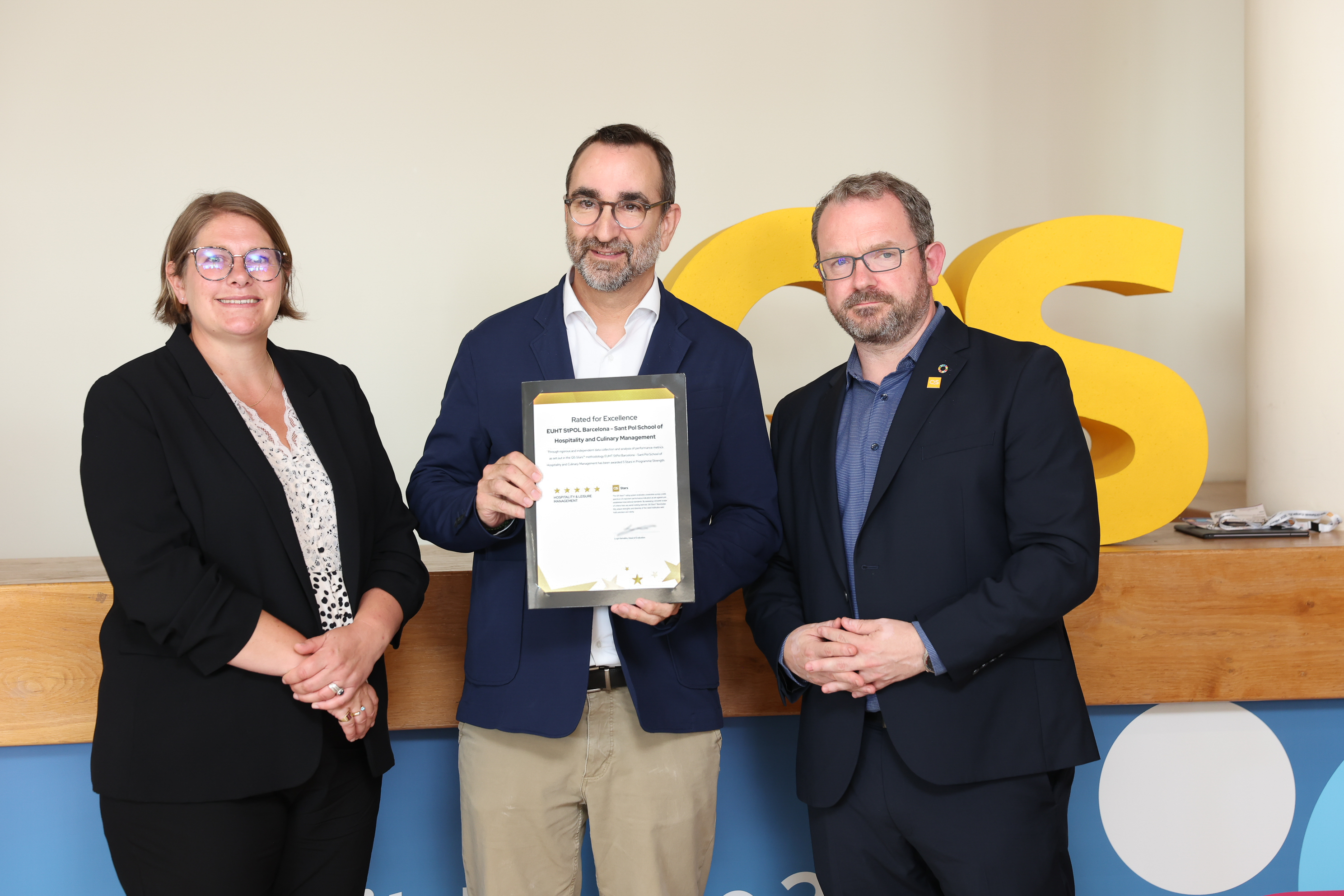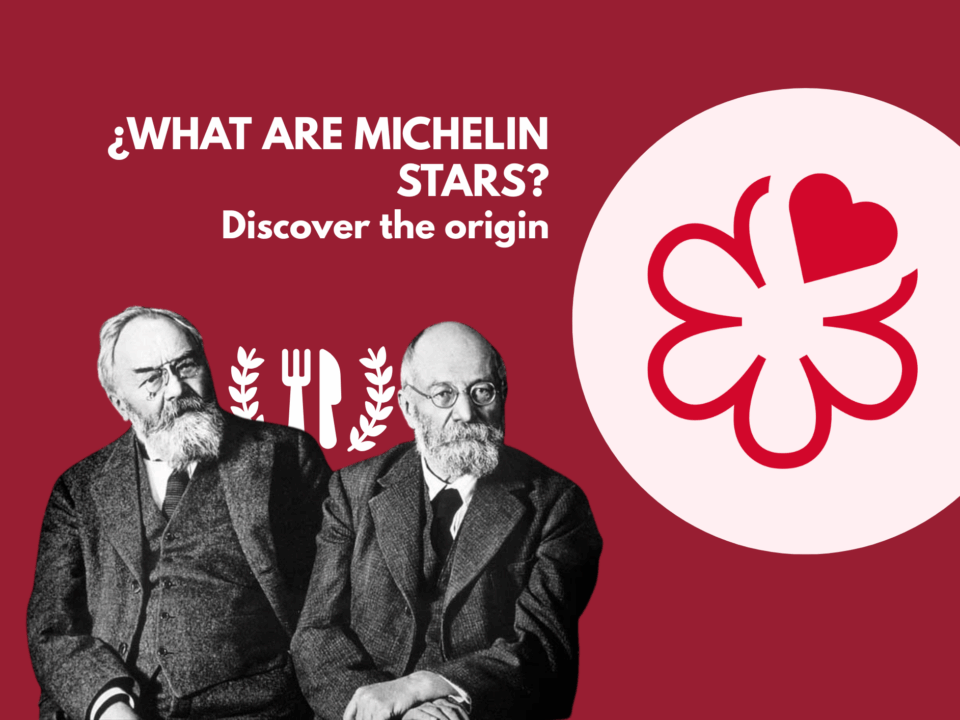
What are soft skills?
4 June, 2025
EUHT StPOL around the world: where do our students do their internships?
23 June, 2025The Sant Pol School of Hospitality and Culinary Management – Barcelona (EUHT StPOL) has received the highest distinction of 5 QS Stars in the category of ‘Programme Strength’ for the Bachelor’s Degree in Hospitality and Culinary Management.
The British company Quacquarelli Symonds, which also carries out the annual university rankings QS by Subject, has an independent rating system (QS Stars). This rating assesses universities in a number of key areas such as: learning experience, employability and outcomes, research and innovation, global engagement and sustainability. It awards between one and five stars in each of its key areas.
This recognition not only reflects the quality of the EUHT StPOL programme, but also its impact on the development of leaders in the global hospitality, tourism and gastronomy sector. The 5 QS Stars are a guarantee of excellence and competitiveness, contributing to helping attract international students and strengthening the school's academic reputation.
QS, an indicator of educational excellence
Quacquarelli Symonds has a strong reputation in the education sector, standing out for its annual rankings of educational institutions: QS by Subject. In recent years, EUHT StPOL has positioned itself as the number 1 school in Spain in the Hospitality and Leisure Management category and among the top 20 worldwide. In the 2025 edition, it has once again topped the national ranking and ranks 14th globally.
On 16 June, during the QS Higher Ed Summit: Europe 2025, the director of EUHT StPOL, Lluís Serra, received the “Rated for Excellence” diploma for the 5 QS Stars award received. This is a great honour for the institution that demonstrates the school's educational quality and, in particular, the Bachelor's Degree in Hotel and Gastronomy Management.

Having 5 QS Stars is not just a matter of recognition, it is a clear sign that there is a real commitment to providing quality education. It speaks of good facilities, well-trained teachers, international focus and a constant concern for improvement. It is not just the recognition, but the work behind it. A university that is committed to quality education does not do so for for the sake of appearances, but because it understands its responsibility to train capable, critical and adaptable professionals. Its commitment translates into up-to-date programmes, innovative learning environments and a real focus on the integral development of the student. This is where the real difference is made.






